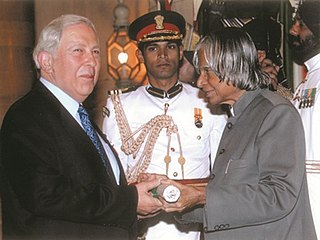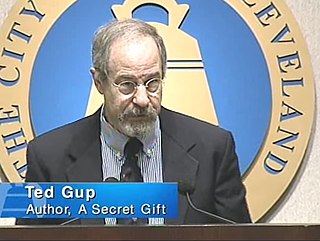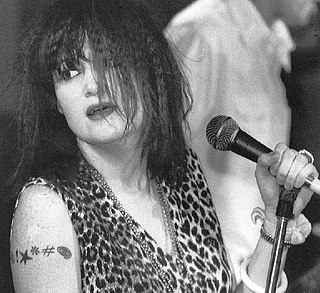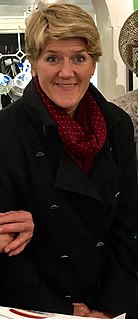A Quote by Patrick Soon-Shiong
It's unconscionable that cancer patients get the wrong diagnosis 30 percent of the time and that it takes so long to treat them with appropriate drugs for their cancer.
Related Quotes
Treating only terminal cancer patients, the Rand (anti-cancer) vaccine produced objective improvement in 35% of 600 patients while another 30% demonstrated subjective improvement. FDA stopped the vaccine's use in a federal court hearing where neither the cancer patients nor their doctors were allowed to testify.
You've got to get away from the idea cancer is a disease to be cured. It's not a disease really. The cancer cell is your own body, your own cells, just misbehaving and going a bit wrong, and you don't have to cure cancer. You don't have to get rid of all those cells. Most people have cancer cells swirling around inside them all the time and mostly they don't do any harm, so what we want to do is prevent the cancer from gaining control. We just want to keep it in check for long enough that people die of something else.
When people get cancer now, the first thing you do is you go to some doctors to get some advice, figure out what to do. People live a long long life after a cancer diagnosis. Not that it's not scary. The people I know have done so many stupid things. And they're still alive. Just being alive at this point is kind of icing on the cake.
The development of a strategic plan for cancer prevention in medical schools that is supported by all stakeholders - including the medical community, government, the insurance industry, cancer advocacy groups and all those dedicated to cancer prevention - will be the key to inspiring patients to live lifestyles that will decrease cancer risk.

































